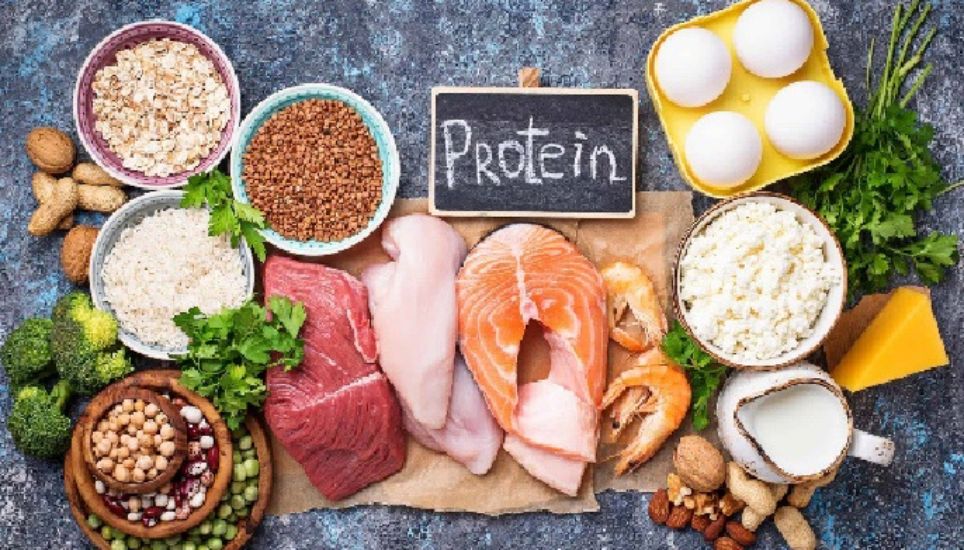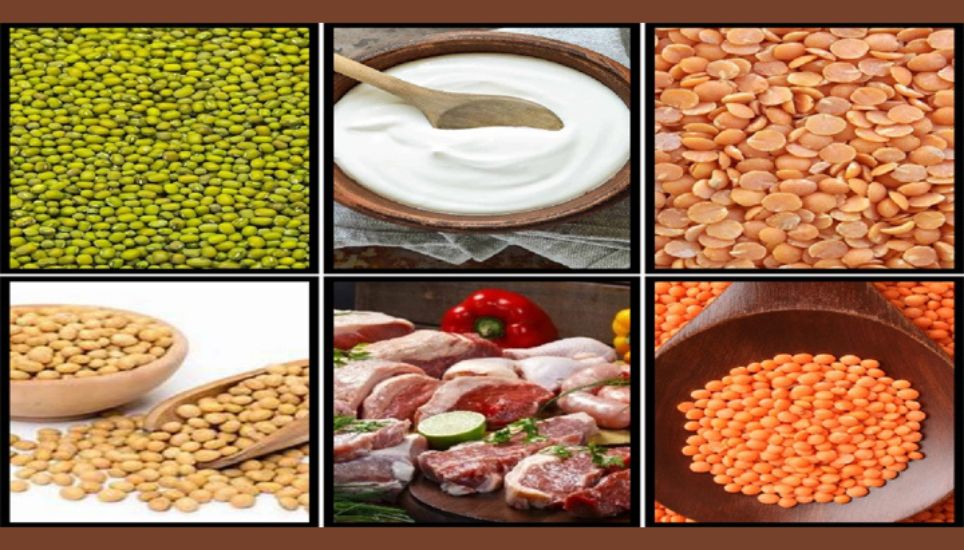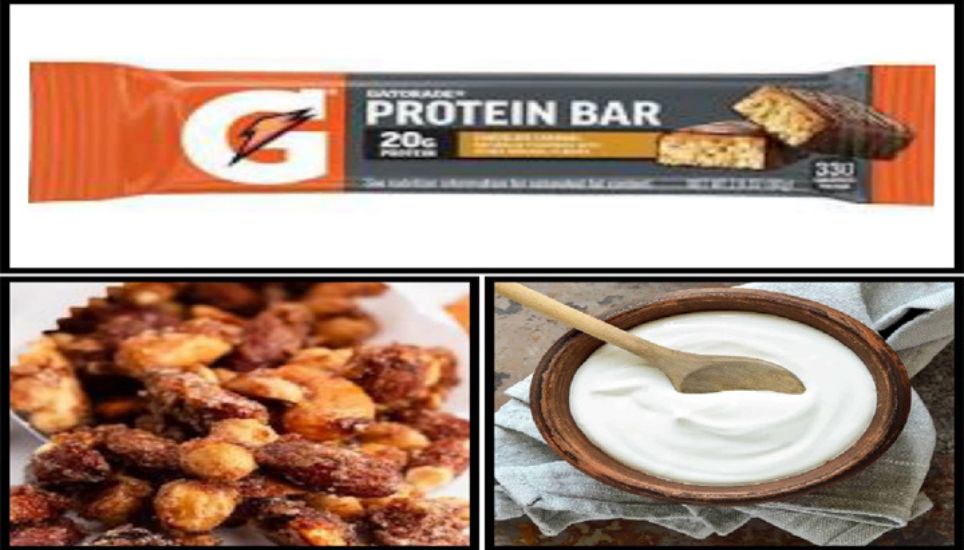As we all know protein is one of the most popular and controversial topics in all of nutrition. It has become the nutritional “Golden Child” of muscle building and fat loss.
Many of us may have a misconception that eating protein in any way is healthy but do we know how eating protein is harmful to our health and how eating it is beneficial to our health? The answer to most of us would be “no.”
We will find in any popular fitness magazine the following two golden rules of dietary protein:
- Eat a minimum of 30 grams of protein every two to three hours.
- Always drink your post-workout protein shake.
- The highest protein foods in Bangladesh that we Bangladeshi’s can afford. This collection includes:
- Pulses (Dal): These are essential in Bangladeshi cooking and provide a significant amount of vegetarian protein.
- Moong Dal (Green Gram): Cooked moong dal is protein-rich (14g per cup) and easily digestible lentil, making it ideal for sensitive stomachs.

- Masoor Dal (Red Lentils): Packing 18g of protein per cup and rich in iron, cooked masoor dal is a nutritional powerhouse.
- Chana Dal (Split Chickpeas): Cooked chana dal boasts 15g of protein per cup and is a champion of dietary fiber.
- Eggs: Eggs are considered the top protein source because of their high quality and impressive array of nutrients.
- They contain all nine essential amino acids your body needs.
- Compared to other protein sources like meat, eggs are generally inexpensive.
- We can enjoy them in countless ways - boiled, scrambled, fried, omelets, and more.
- Eggs are a budget-friendly, complete protein option we can easily incorporate into your diet.
- Soybeans: Soybeans are a great option for vegetarians and vegans as they are a complete source of protein. They are available in dried, canned, or tofu forms.
- Peanuts: Peanuts, containing healthy fats and protein, can be savored alone or used to enhance curries and salads.
- Yogurt: Yogurt without any added flavors is rich in protein and calcium.
Getting the right amount of protein and consuming protein properly are essential for healthy living. It is not necessary to get protein, it is also necessary to keep an eye on whether it is healthy.
- Sweetened mixed nuts: Nuts are rich in protein but if eaten with sugar or chocolate it does more harm than good.
- Protein bars: Protein bars contain various compounds including artificial sugar that are harmful to the body.
- Processed cheese: Cheese contains a lot of proteins but when this cheese is processed nothing is left that is essential for health. Better not to eat processed cheese.
- Synthetic protein: Nowadays many people have stopped eating fish and meat to keep their health. They take artificial protein to eliminate protein deficiency in the body. Artificial protein with fish and meat flavor is not beneficial for the body.

How vegetarians should consume protein in a proper way
Maintaining overall health and well-being as a vegetarian requires adequate protein consumption. Plant-based protein sources are equally beneficial as animal-based ones, but it's crucial to meet their daily protein requirements.
Here are some suggestions for how individuals following a vegetarian diet can ensure adequate protein intake:
- Plant-based foods abundant in protein include legumes such as beans, lentils, and chickpeas, as well as nuts, seeds, and whole grains. By integrating a mix of these sources in their diet, they can guarantee a well-rounded intake of vital amino acids.
- Although plant-based protein sources can provide valuable nutrients, they can also be high in calories. It's crucial to be mindful of portion sizes and avoid excessive consumption of these foods, particularly if you are focusing on managing your weight.
- Make sure that they get enough protein by including a protein source in every meal. For example, they can add sprinkled nuts and seeds to a salad or have beans with their lunch or dinner.
- Protein-rich snacks can assist in fulfilling their daily protein requirements. Greek yogurt, nut butter on whole grain toast, and a portion of nuts and seeds are all excellent choices.
- If obtaining sufficient protein from whole foods is a challenge, they might want to think about adding protein supplements to their diet. Several plant-based protein powders can be found in stores and can be mixed into smoothies, oatmeal, or baked goods.

In general, by doing some careful planning and tapping into their creativity, individuals who follow a vegetarian diet can readily fulfill their protein requirements by consuming plant-based sources.
Devpriya Bhattacharjee, the author of this article, is a 2nd year student of the Department of Nutrition and Food Engineering at Daffodil International University.



